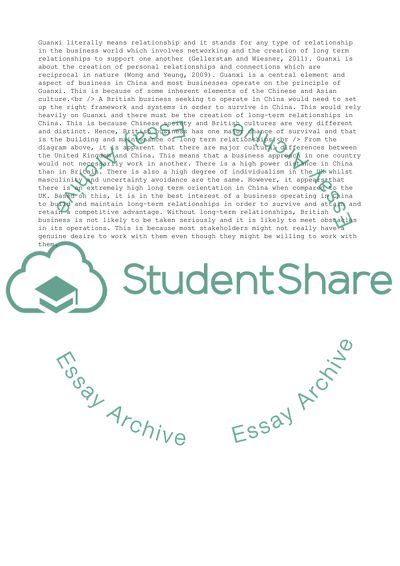Cite this document
(Cultural Differences and People Management Assignment - 1, n.d.)
Cultural Differences and People Management Assignment - 1. Retrieved from https://studentshare.org/business/1799488-a-reflective-report-on-cultural-differences-and-people-management-module
Cultural Differences and People Management Assignment - 1. Retrieved from https://studentshare.org/business/1799488-a-reflective-report-on-cultural-differences-and-people-management-module
(Cultural Differences and People Management Assignment - 1)
Cultural Differences and People Management Assignment - 1. https://studentshare.org/business/1799488-a-reflective-report-on-cultural-differences-and-people-management-module.
Cultural Differences and People Management Assignment - 1. https://studentshare.org/business/1799488-a-reflective-report-on-cultural-differences-and-people-management-module.
“Cultural Differences and People Management Assignment - 1”, n.d. https://studentshare.org/business/1799488-a-reflective-report-on-cultural-differences-and-people-management-module.


